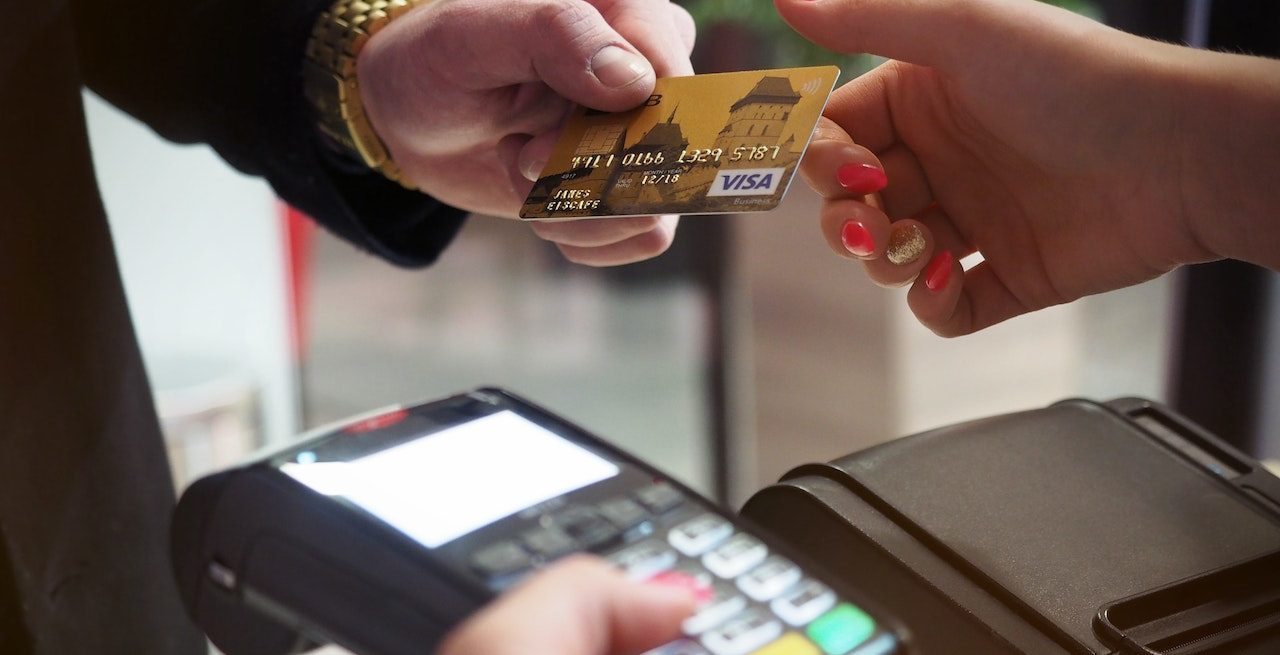Mitigating the Impact of Rising Interchange Fees
3 Min Read By Cliff Green
While using credit cards is a convenience for consumers, this form of payment represents a major cost center for restaurants. In fact, credit card processing fees rank as the third highest cost of doing business behind the cost of food and labor. As restaurants work to recover from the impact of the pandemic, interchange fees or “swipe” fees continue to curb their ability to grow and thrive. Although these fees can be a growth inhibitor, innovative credit card processing software, services and solutions can help drive growth and mitigate the impact of rising interchange fees.
Credit card acceptance is an essential part of doing business today as more consumers move toward cashless forms of payment. According to a PYMNTS survey of 3,250 U.S. consumers, 33 percent of these consumers used a credit card for their most recent restaurant food purchase. This research, from the March edition of the Digital Economy Payments report, “Going Digital to Pay for Travel and Restaurant Dining” also found that credit cards account for the greatest share of food spending with consumers using credit cards to purchase an estimated $29.8 billion in food items in February.
A Federal Reserve Bank of San Francisco Diary of Consumer Payment Choice report further revealed that consumers continued to use credit cards and debit cards for most of their payments, accounting for 57 percent of total payments in 2021 compared to 55 percent in 2020 and 54 percent in 2019.
As an increasing amount of consumers use credit cards to pay for dining, the swipe fees continue to mount, eating into razor-thin margins, which average about three-to-five percent in the restaurant industry. Recent credit card fee hikes are also eroding restaurant profits. In April, Visa and Mastercard raised transaction fees which are estimated to cost U.S. business owners an added $1.2 billion in fees.
Credit card processing fees have more than doubled over the last decade. According to the Nilson Report, U.S. merchants who accepted credit cards as payment for goods and services paid $105.23 billion in processing fees last year, an increase of 25.1 percent. Nilson Report data also revealed that credit cards accounted for 76.3 percent of total processing fees paid by U.S. merchants in 2021, up from 75.9 percent in 2020.
In a recent letter to two members of the U.S. Senate Committee on the Judiciary, the National Restaurant Association noted that swipe fees averaging 2.22 percent of each transaction “can hamper restaurants’ and other small businesses’ ability to succeed.”
Rising credit card fees coupled with increasingly thin profit margins and general inflation are making it challenging for many restaurants to stay in business. To help recoup the cost of accepting cards, some restaurants are raising the prices of menu items, and others (where permitted by state law and merchant services agreement) are adding a credit card surcharge to bills.
While restaurants have no control over the interchange fees set by card companies such as Visa and Mastercard, they can cut costs and improve the bottom line by selecting a payment processing company that tailors merchant services to the needs of each client and continues to audit those services to ensure they scale up or down as necessary. Each restaurant has unique payment processing needs and one size fits all solutions can result in overpaying for services and technology that are not wanted and/or used. A customized approach makes certain that this does not happen.
Partnering with a payment processing company that delivers services designed to inject efficiency into operations is another way restaurants can reduce their costs. A point of sale (POS) system which combines payment processing with restaurant management software can help make restaurant operations run smoother and more efficiently. Using this technology, restaurants can take orders, accept payments, organize inventory, manage team members, and grow their customer base.
In an increasingly cashless society, credit card processing fees are a high cost of doing business for restaurants and other businesses. Restaurants do not control those interchange fees, but they can better control and lower operational costs with the payment processing services and software they use to accept credit cards.


